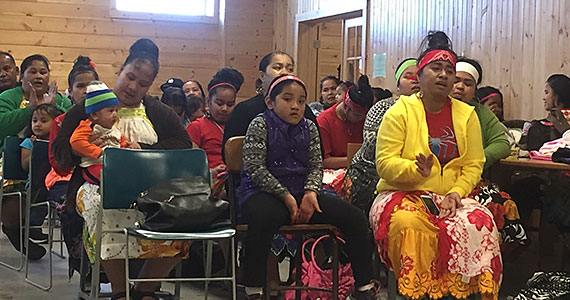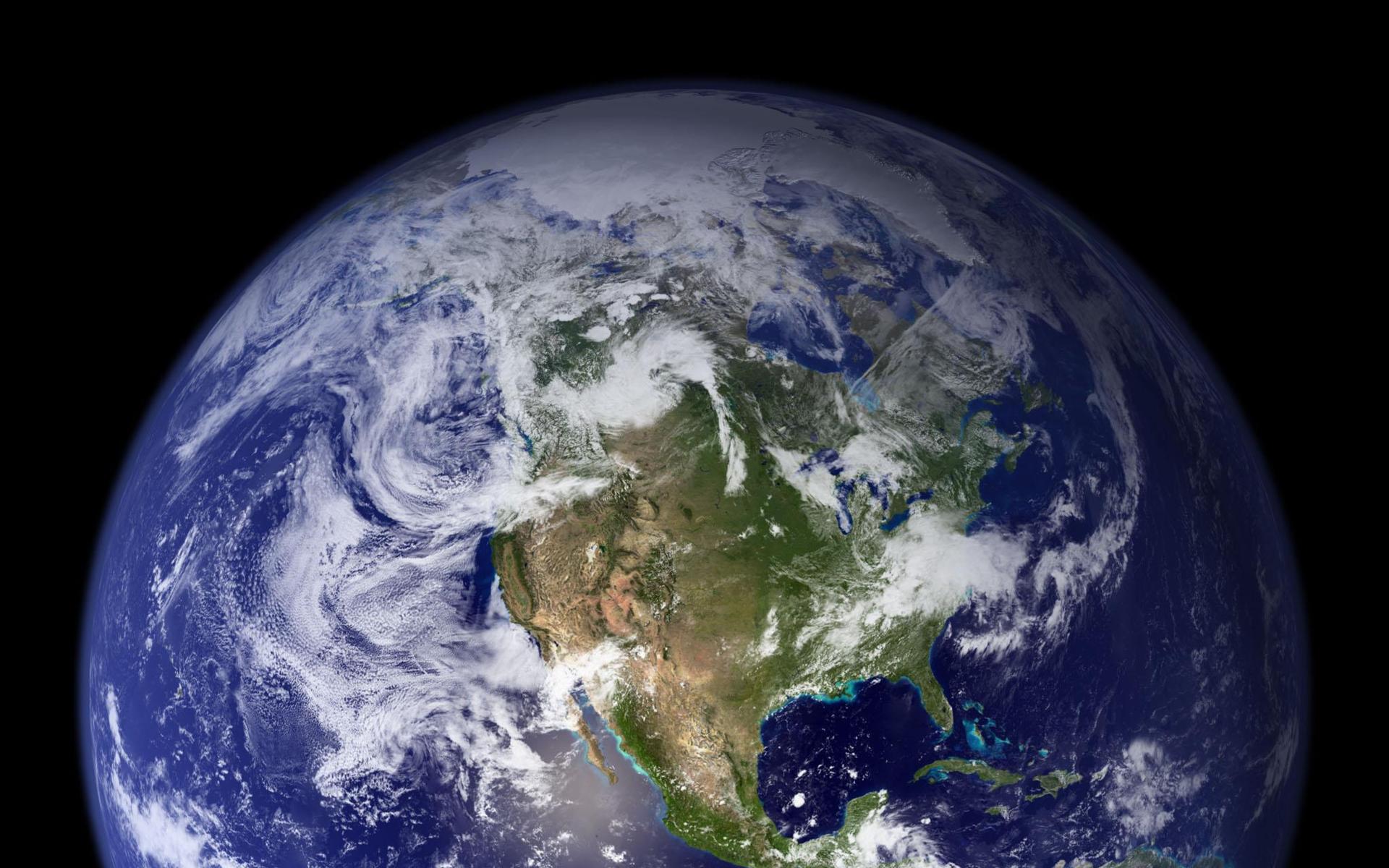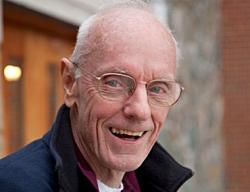Working with the ?Other?
Milan is a small town of just 300 people in rural Minnesota, but nearly half of them are from Romanum in Chuuk. ?At the end of March I expect to be visiting Milan, after a couple of weeks in Hawaii, to help create bridges between the Chuukese and their new neighbors from the Midwest. Not that the Chuukese don?t have friends there already. At the head of the list are Eric Thompson, a former PCV who spent two years in Chuuk, and Bob Ryan, a businessman who has become a father to the islanders.
People like these are doing important work to assist the new migrants by keeping the conversation alive between the islanders and the folks from Minnesota who scratch their head at the newcomers. Who are these people? What brought them here in the first place? What are they all about? These are the questions that lots of other communities have when they first meet our island people. After all, the newcomers from the islands are so different. They seem to live in a world of their own. They are what many young social scientists today have come to call the ?other.?
We could leave it go at that, I suppose, and tell the good people of Minnesota that their new neighbors inhabit a cultural world of their own?-one that Midwesterners will never in a million years come to fully understand. (Sometimes I think that?s the message that those young social scientists convey when they write and speak about the Pacific.)? Or we could start a conversation that will begin to shed light on who these people are, why they wear those odd-looking dresses, why they remain silent in class with eyes cast down while others are jumping out of their seats trying to get the teacher?s attention. As the newcomers and their Midwestern friends continue talking, islanders won?t seem quite as foreign, as exotic, or as ?other? as they first did, but they will be positioned to work together far better and learn from each other.
For Micronesians to lose their ?otherness? should mean they will become less weird in the eyes of their US neighbors, but it does not mean they must shed their cultural identity. There?s no reason they have to put an end to the barbeques to celebrate birthdays, or the Sunday worship in their own language, or the weekend-long celebrations in the summer when other islanders come from distant places to compete in a volleyball or basketball tournament. Why should they stop singing their own songs or doing their own dances just to fit in? Whatever defines them as people with a distinct cultural identity should be cherished and celebrated, not suppressed. Italians, Hispanics, Poles and Portuguese have done this for years here in the US. Why shouldn?t Chuukese and Pohnpeians do the same?
At the same time, migrants need to find pathways into mainstream society. Just as migrants need jobs and friends in their new communities, Micronesians at home need to expand their island productivity to participate more fully in the global economy. This means that islanders can?t just retreat into an isolated part of town and claim that they are so different that no one could hope to comprehend them. It means readiness to begin a conversation with those born in Minnesota, just as those back home must talk to the banks and foreign donors about such culturally saturated topics like land leases, overseas investment and reduction of government jobs. The conversation might lead to compromises being made, but it should never lead to cultural suppression.
?Otherness,? as the social scientists keep reminding us, is a claim to something precious and distinctive?something that is one-of-a-kind, much more important than any endangered species of moths or butterflies. ?Otherness,? of course, should be cherished. But it should never be the final word before the long silence. ?Otherness? is not the end of the conversation, but the beginning.




